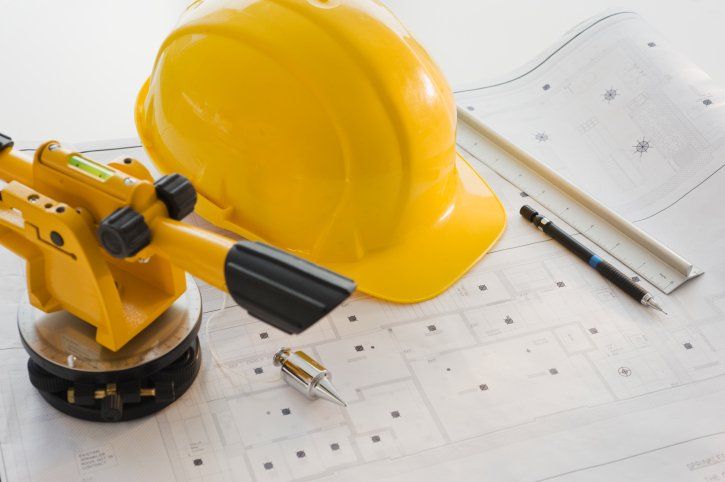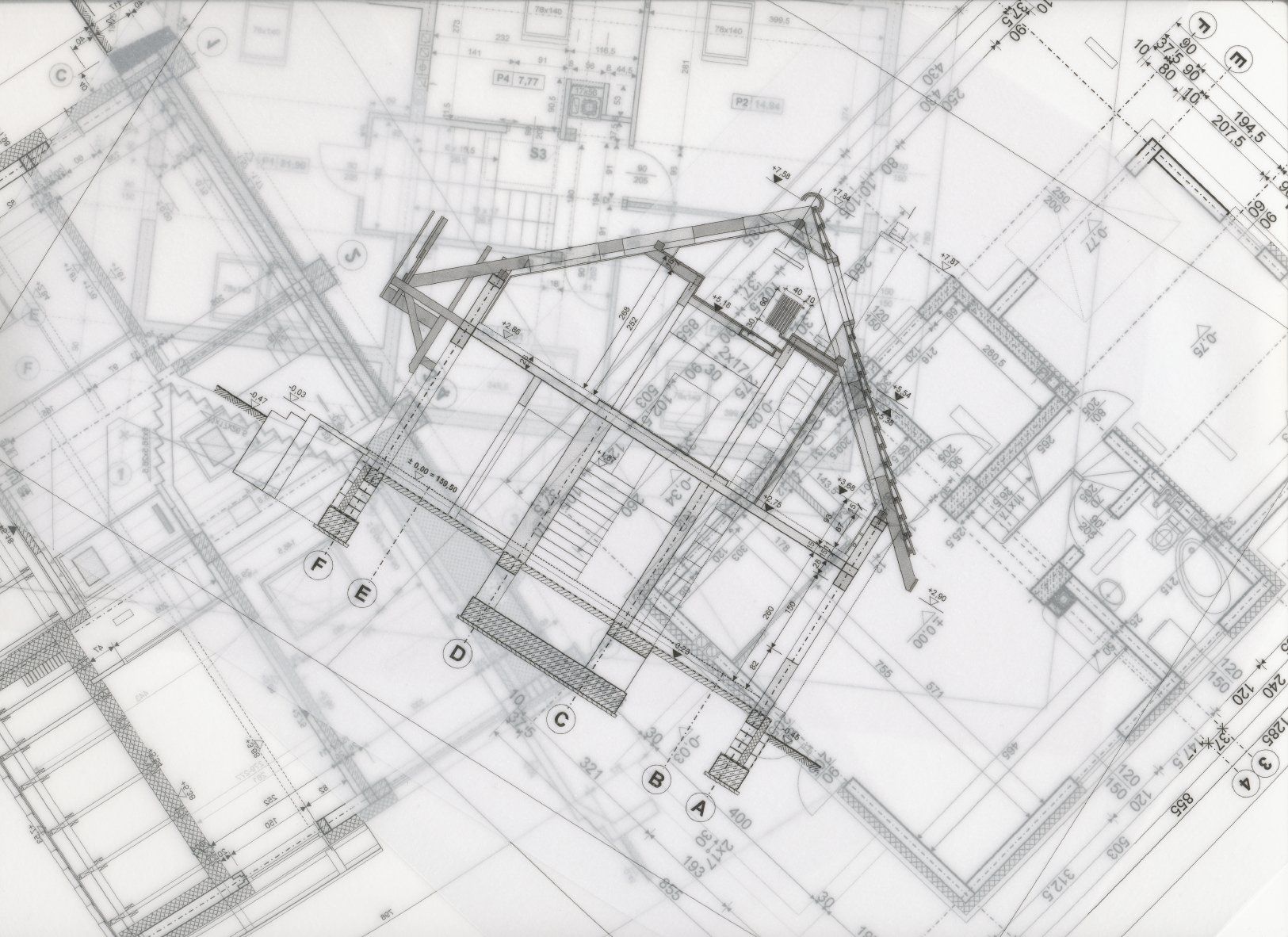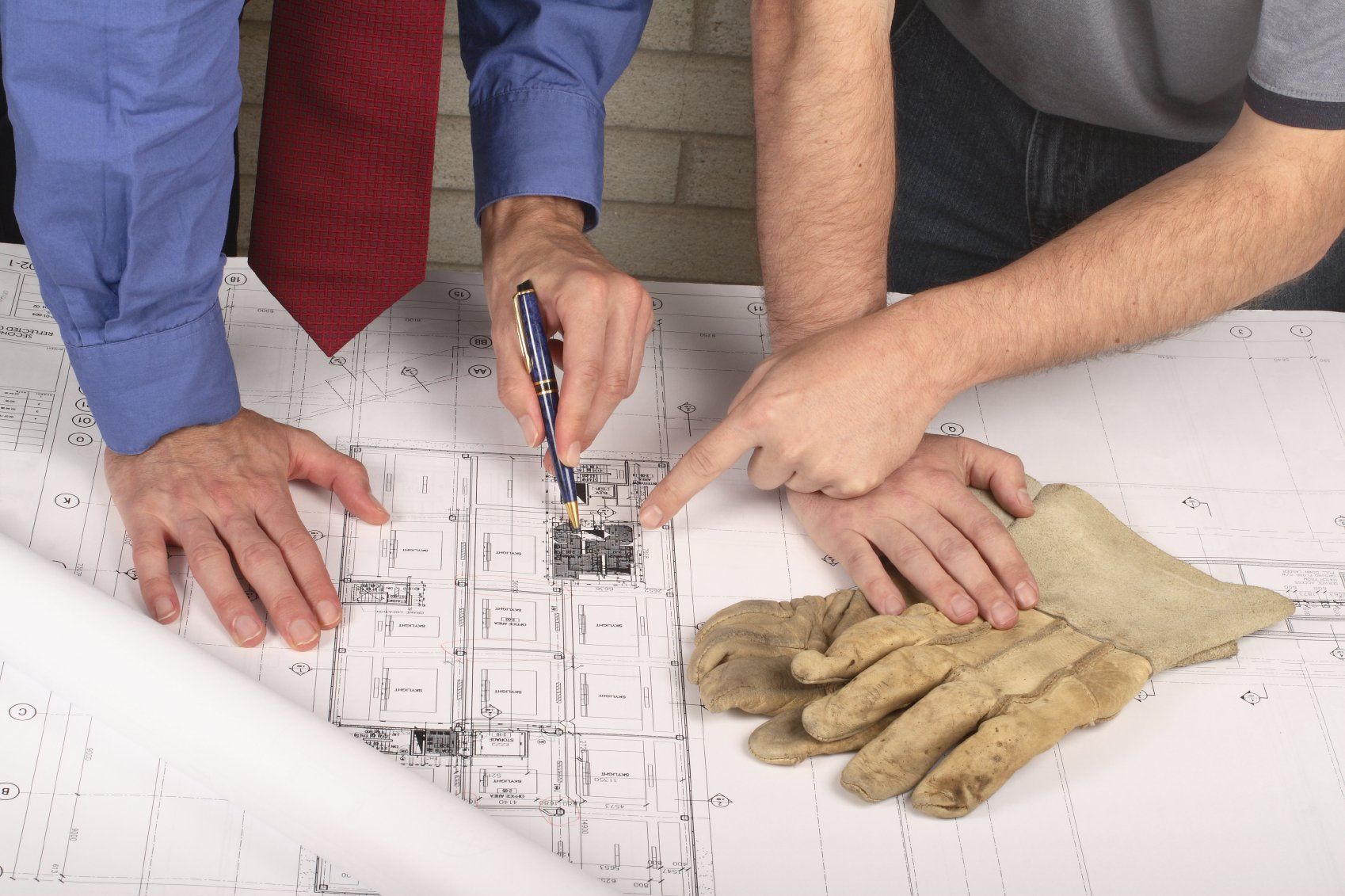Role of A General Contractor in Commercial Inspections
Introduction:
Commercial inspections play a pivotal role in ensuring the safety, compliance, and functionality of commercial buildings. General contractors, as key stakeholders in the construction process, play a crucial role in facilitating and overseeing these inspections. This webpage aims to shed light on the significant contributions of general contractors to the commercial inspection process.
Preparation and Planning:
General contractors are involved in the early stages of project planning, collaborating with architects and engineers to ensure that construction plans comply with local building codes and regulations.
They play a vital role in selecting materials and construction methods that align with inspection requirements, setting the foundation for a smooth inspection process.
Quality Assurance:
General contractors are responsible for implementing quality assurance measures throughout the construction process. This includes overseeing the work of subcontractors, ensuring that all work meets industry standards and specifications.
By maintaining high-quality construction standards, general contractors contribute to a seamless inspection process, reducing the likelihood of issues arising during inspections.
Coordination with Inspectors:
General contractors serve as the primary point of contact between the construction team and inspection authorities. They coordinate and schedule inspections at various stages of the construction process, such as foundation, framing, electrical, plumbing, and final inspections.
This coordination ensures that inspections are conducted at the right time and that any necessary corrections are made promptly.
Addressing Inspection Findings:
In the event of inspection findings or discrepancies, general contractors take the lead in addressing and rectifying issues. This involves working closely with subcontractors to implement corrective measures to bring the construction in compliance with regulations.
General contractors demonstrate flexibility and adaptability, making necessary adjustments to meet inspection requirements without compromising project timelines.
Documentation and Record Keeping:
Accurate documentation is a critical aspect of commercial inspections. General contractors maintain meticulous records of construction activities, including permits, inspections, and any corrective actions taken.
This documentation not only ensures compliance but also provides a comprehensive history of the construction process, valuable for future reference and potential audits.
Client Communication:
General contractors act as a bridge between clients and inspection authorities, providing clear communication on the inspection process, timelines, and any potential impacts on the project schedule.
Transparent communication helps manage client expectations and ensures that the construction process aligns with both regulatory requirements and client objectives.
Conclusion:
In summary, general contractors play a multifaceted role in commercial inspections, from the initial planning stages to the final walkthrough. Their expertise in construction management, quality assurance, and coordination with inspectors contribute significantly to the success of commercial construction projects. By prioritizing compliance, communication, and quality, general contractors uphold the standards necessary for safe and functional commercial buildings.




































